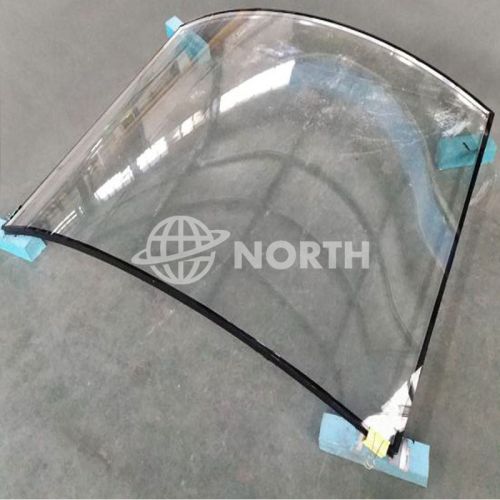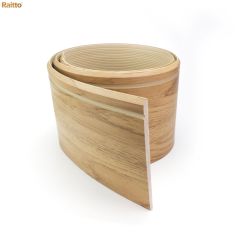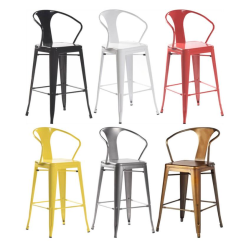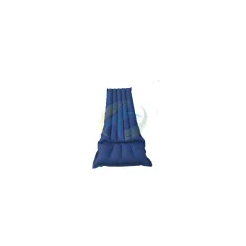curved glass wall
Curved glass wall through the pretreatment processing(cut customized size), then heated to a softening temperature, and then under the weight or outside force, through specific mold, made of glass in conformity with the mould, then through annealing treatment produce hot bending, such as low iron insulated curved glass, extra clear laminated curved glass ect. Clear curved glass, double curved glas
Product Description
https://www.chinanorthglass.com/product-low-iron-extra-clear-curved-glass.html
Curved glass wall through the pretreatment processing(cut customized size), then heated to a softening temperature, and then under the weight or outside force, through specific mold, made of glass in conformity with the mould, then through annealing treatment produce hot bending, such as low iron insulated curved glass, extra clear laminated curved glass ect. Clear curved glass, double curved glass, hot curved glass, compound curved glass, bent glass, ect facade glass is the most common.
A curved glass wall is a distinctive architectural feature that adds elegance and uniqueness to a building's design.
Some key features about curved glass walls:
Aesthetics: Curved glass walls offer a visually stunning and modern look to a structure. The smooth, curved surface creates a sense of fluidity and grace, making it an eye-catching focal point. It adds architectural interest and can enhance the overall aesthetic appeal of a building.
Natural light and views: The curvature of the glass allows for increased natural light penetration, creating a bright and airy interior. This helps to reduce the need for artificial lighting during the day and creates a pleasant and inviting atmosphere. Additionally, a curved glass wall can offer panoramic views, as it can be designed to maximize sightlines and showcase the surrounding environment.
Design flexibility: Curved glass walls provide design flexibility, allowing architects and designers to explore creative possibilities. They can be custom-made to fit unique and unconventional shapes, enabling the creation of striking architectural elements. The curvature can vary, ranging from gentle curves to more dramatic and pronounced bends, depending on the desired design intent.
Structural considerations: Designing and constructing a curved glass wall requires careful planning and engineering expertise. The glass panels used must be specially fabricated to withstand the forces exerted on curved surfaces. The supporting structure, such as steel or aluminum frames, needs to be precisely engineered to ensure stability and load-bearing capacity.
Manufacturing and installation: Curved glass panels are typically made through a process called hot bending or cold bending, depending on the specific requirements of the project. Hot bending involves heating the glass to a high temperature and then shaping it over a mold, while cold bending uses mechanical force to curve the glass. The installation of curved glass walls requires skilled professionals who are experienced in handling and installing curved glass panels accurately and securely.
Energy efficiency: Despite being made of glass, curved glass walls can still offer good energy efficiency. Low-emissivity (low-e) coatings can be applied to the glass to reduce heat transfer and increase thermal insulation. This helps in maintaining comfortable indoor temperatures and minimizing energy consumption for heating and cooling.
Privacy and acoustics: While curved glass walls are known for their transparency, privacy and acoustic considerations can still be addressed. Various options are available, such as the use of frosted or tinted glass, decorative films, or incorporating additional layers for sound insulation. These measures can provide privacy and reduce noise transmission without compromising the unique design of the curved glass wall.
Curved glass walls are remarkable architectural features that combine functionality, aesthetics, and design innovation. They can be found in a variety of settings, including commercial buildings, museums, airports, luxury residences, and cultural institutions, where their presence adds a touch of elegance and sophistication.
You can find more information on our web, so please take a look.



